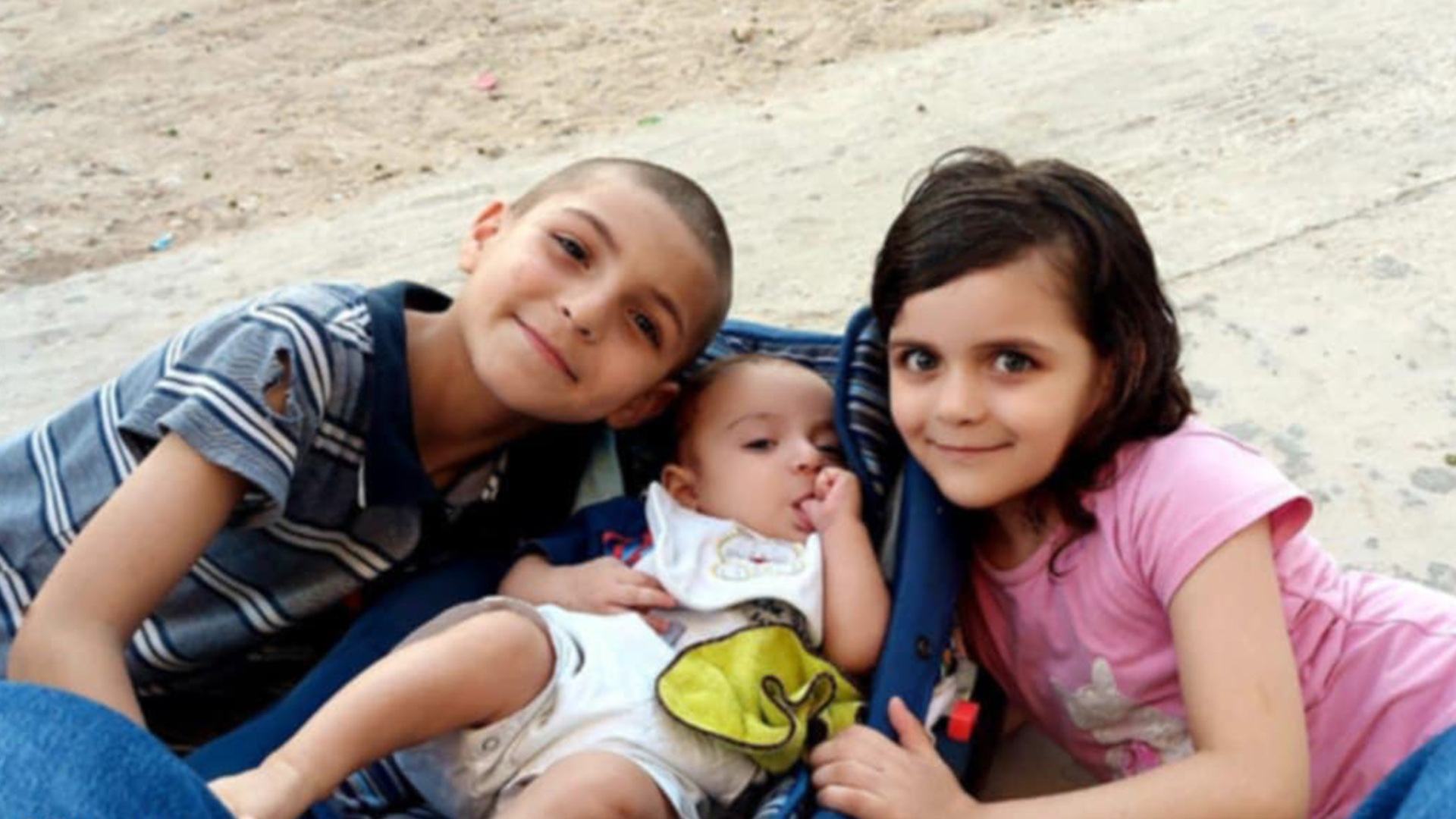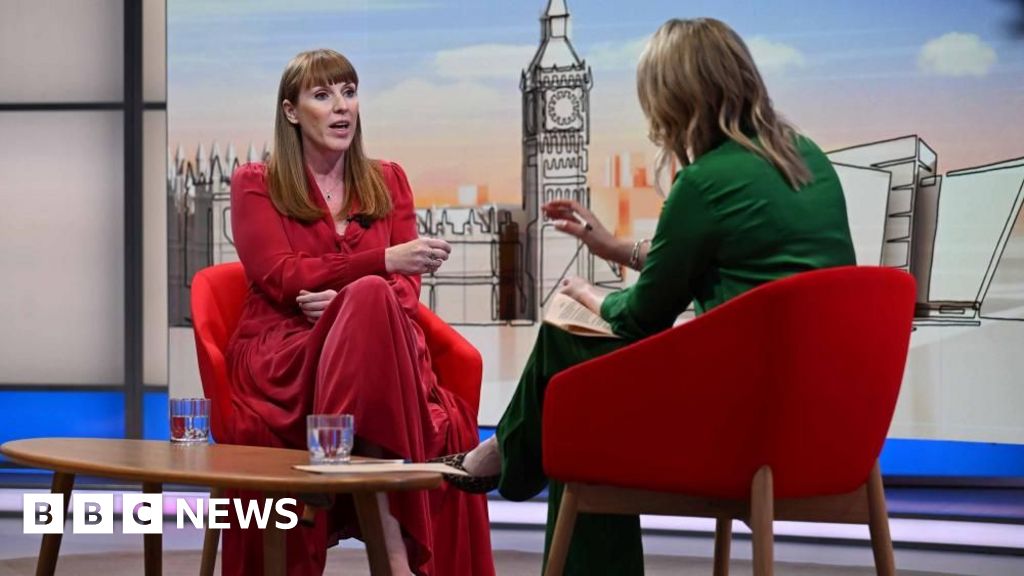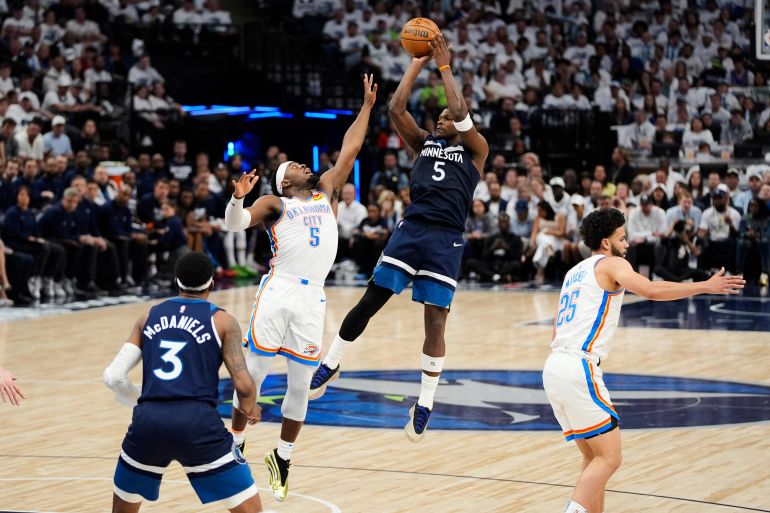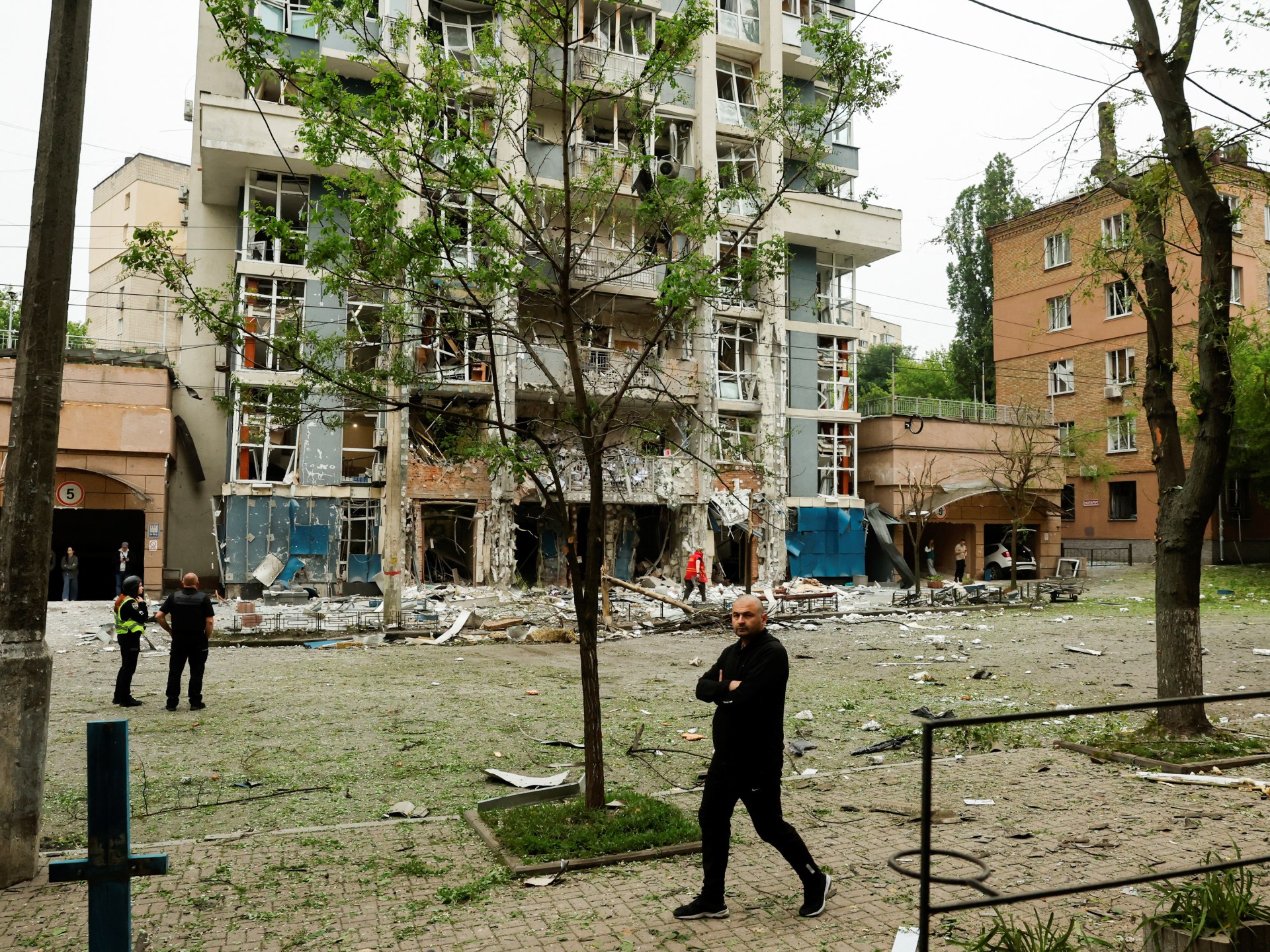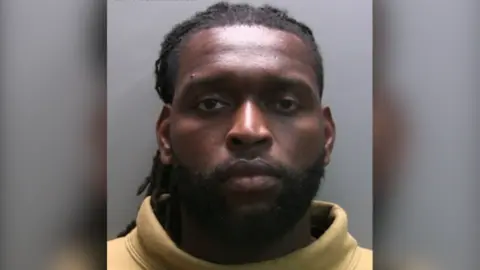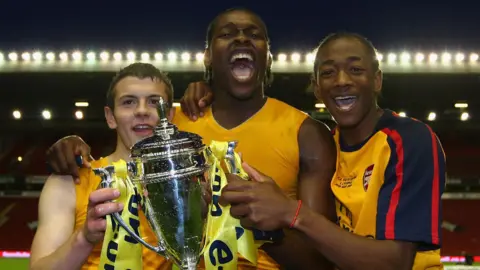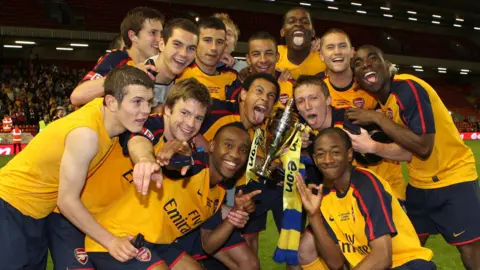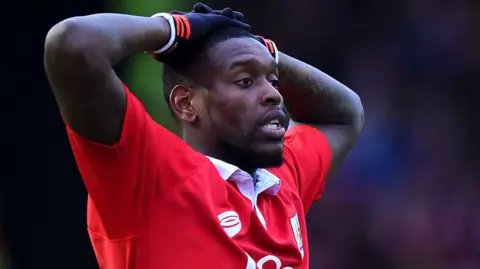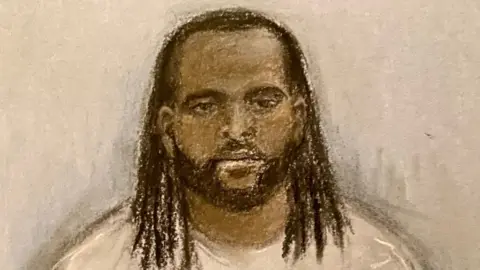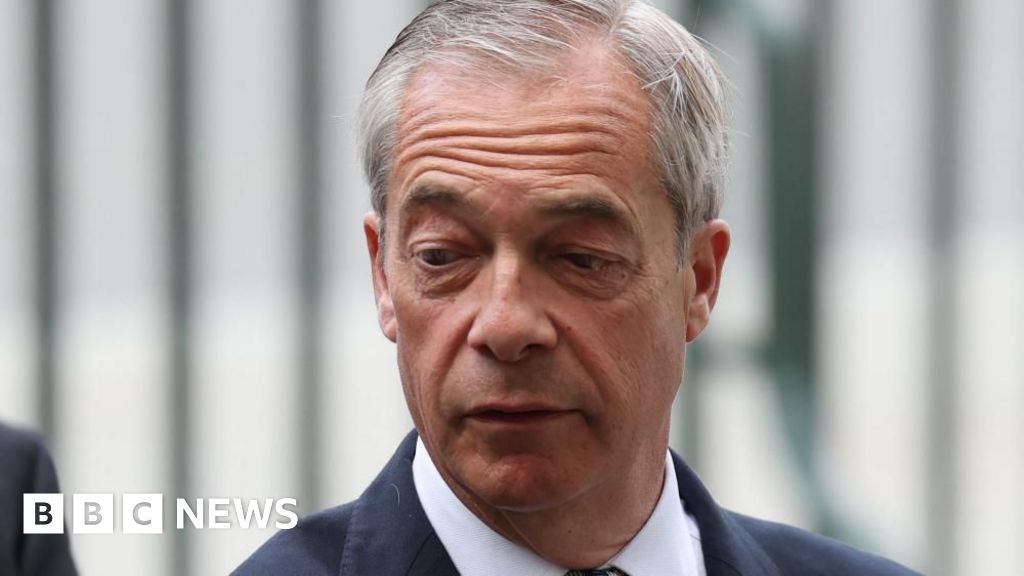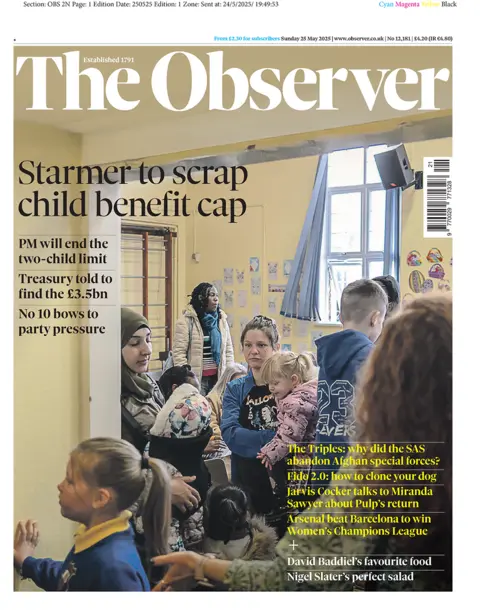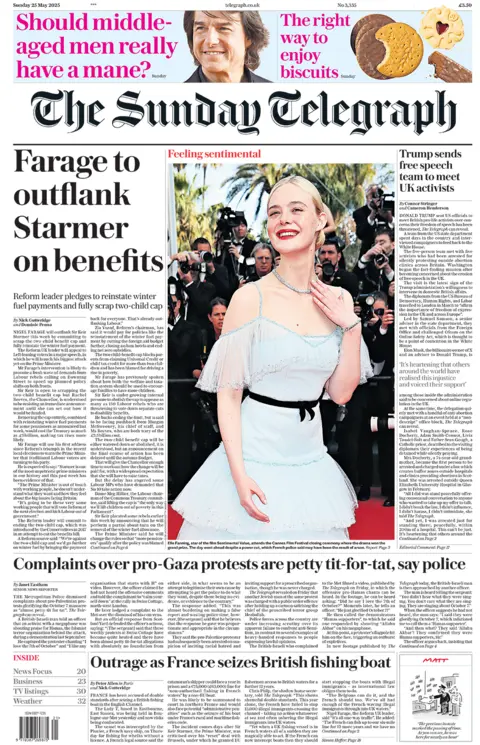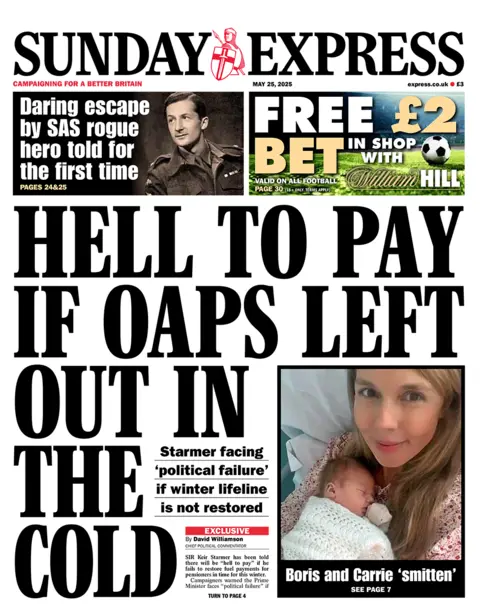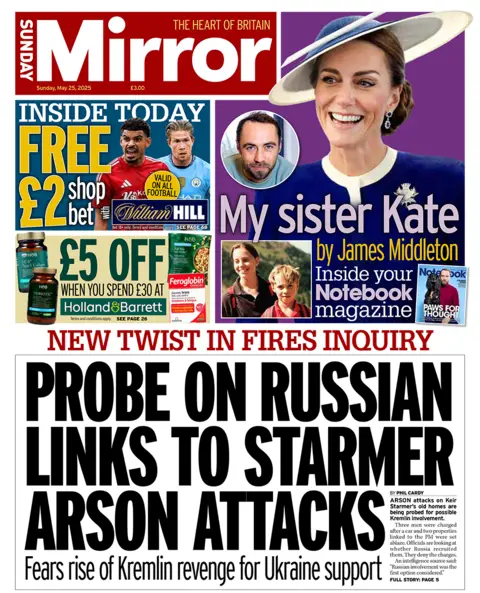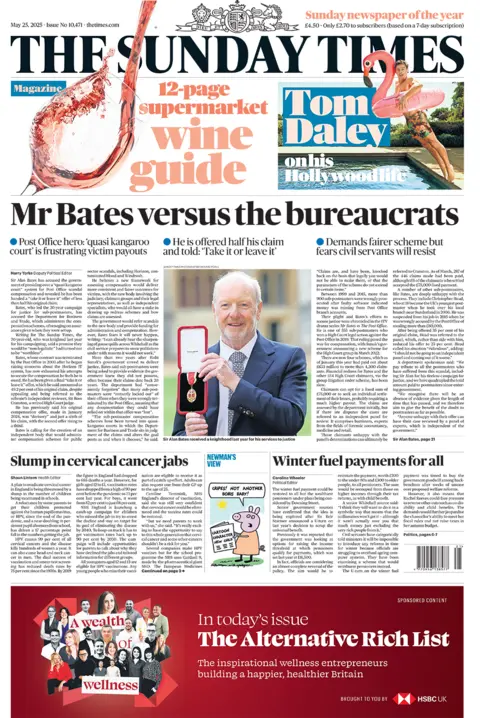Israel launched a campaign against former US Secretary of State Henry Kissinger after he blamed the Israelis for the breakdown of his mission to achieve an interim agreement with Egypt following the 1973 war, according to declassified British documents
The documents, unearthed by MEMO in the British National Archives, showed that the Israeli government lobbied US Congressmen to turn American opinion against Kissinger, accusing him of “delivering” Israel to Egypt and “humiliating” Israeli ministers.
In late March 1975, Kissinger’s shuttle diplomacy between Israel and Egypt collapsed. Although he initially avoided publicly assigning blame, he privately told his UK counterpart, James Callaghan, that Israeli leaders were primarily responsible. Kissinger argued that the Israelis had “locked themselves into an inflexible position on non-belligerency,” that “wouldn’t allow them to escape”. He also informed his British counterpart that he “warned the Israelis once the step-by-step process had broken down the situation might change rapidly to their disadvantage”.
Egypt publicly declared that Kissinger’s approach had failed due to Israeli intransigence, specifically their insistence on non-belligerency, which Egypt rejected before a comprehensive settlement involving all aspects of the Arab-Israeli conflict, including the Palestinian issue, is reached.
READ: Saddam ‘used’ Jordan’s King Hussein against Egypt ahead of Kuwait invasion, UK documents show
Following the breakdown, the administration of President Gerald Ford began a comprehensive reassessment of its Middle East policy. The US National Security Council (NSC) informed the British embassy that the review “will be far reaching and will include an examination of military and economic assistance to Israel” and focusing on “principles underlying US policy rather than on tactical considerations”.
Although the Ford Administration avoided publicly blaming either party, US media reports suggested that Kissinger viewed Israel as primarily responsible for the failure. This impression was reinforced when it was revealed that President Ford had sent a strongly worded letter to Israeli Prime Minister Yitzhak Rabin, criticising Israel’s inflexibility before the breakdown of the negotiations.
British Foreign and Commonwealth Office (FCO) files show that the US NSC told British Ambassador Peter Ramsbotham “in confidence” that Ford’s message to Rabin had been “very tough” and had referred critically to Israeli stubbornness during the negotiations.
Ramsbotham reported that while the Israeli embassy denied “in the strongest possible terms” any responsibility for the failed talks, support for Israel in the US “will come under increasing critical scrutiny.”
Relations between Kissinger and Israel deteriorated further. British Ambassador to Israel William B. J. Ledwidge observed increasing distrust toward Kissinger in the Israeli press, a sentiment he believed was encouraged by Israeli leaders. Ledwidge reported the relations were “in the process of becoming distinctly worse than the relations between Israel and the United States administration”. He assessed that this was “clearly inspired by briefing from Israel’s leaders”.
In a highly secret report, Ledwidge noted that the Israelis were “making no secret of the fact that Kissinger is angry with them for their stubbornness in the recent negotiations and President Ford agrees with him”.
After talking to “enough of well-informed” Israelis, Ledwidge concluded that Israel’s leaders were “worried by the strength of the disapproval which is being expressed by Washington”. “In the present situation the fact of Kissinger’s anger with Israel is perhaps more important than the justice of accusations against them”, the ambassador added.
Leon Dulzin, then treasurer of the Jewish Agency and a Likud leader, also complained to the ambassador that there as “very little negotiation” during Kissinger’s shuttle accusing the top US diplomat of aiming at “persuading the Israelis to give Sadat what he wanted”. Dulzin, a former Israeli cabinet minister and trusted by leading Zionists overseas, added that Kissinger “had never really accepted the proposition that Israel was entitled to any price in return beyond a continuation of American economic and military aid and general goodwill”.
![A satirical drawing showing Israel pandering to Henry Kissinger of the United States while Egypt's President Sadat gets away with the oil rich Sinai desert. [David Rubinger/CORBIS/Corbis via Getty Images]](https://i0.wp.com/www.middleeastmonitor.com/wp-content/uploads/2025/05/GettyImages-530701224.jpg?fit=1200%2C797&ssl=1)
A satirical drawing showing Israel pandering to Henry Kissinger of the United States while Egypt’s President Sadat gets away with the oil rich Sinai desert. [David Rubinger/CORBIS/Corbis via Getty Images]
An Israeli source close to Rabin told the ambassador that the Israeli prime minister believed that Kissinger “had tried to deliver the Israelis to Sadat” and he (Kissinger) “had become angry when he found that it would not work”. Rabin came to the conclusion that “he only wished he could talk directly to the Egyptians” without Kissinger’s go-between.
At a dinner with visiting US Congressmen, Shimon Peres, then Israel’s defense minister, accused Kissinger of “humiliating” him, complaining that he played role in delaying his important visit to the US. Peres asked the Congressmen to “say as much (about Kissinger claimed behaviour) when they returned to Washington”.
Another player was Yehoshua Rabinowitz, then Israeli minister of finance who was also informed by Washington that he must postpone his visit to discuss economic aid yet once more. Sources told the UK ambassador that Rabinowitz understood that he will not be received until the re-assessment of American Middle East policy was completed. Rabinowitz detected the “hand of Kissinger in the repeated delays of his mission”, the sources said.
The dispatches from the British embassy in Tell Aviv indicated that the Israelis were talking “as if they were convinced that Kissinger himself is the chief organiser of the present wave of American displeasure which has reached such heights”.
Senior official in Israeli Foreign Ministry Yeshayahu Anug strongly criticised Kissinger in a conversation with the UK ambassador. He said “for the first time we saw him (Kissinger) behaving like a Jew”. Anug argued that when the shuttle went wrong, Kissinger “behaved as if he had been personally betrayed by the Israelis and lost his cool completely”.
In his assessment, the ambassador concluded that many Israelis “feel that the Zionist State does indeed irritate Kissinger”.
The documents also reveal that some Israeli figures questioned Kissinger’s personal attitude toward their country. According to Ledwidge, the Israelis who knew Kissinger believed when Israel was founded in 1948, he regarded it as “an aberration that could not be last”. They acknowledged that he changed his mind later. But Kissinger had been criticised because since the 1967 war, he has always been convinced that Israel “would be obliged to evacuate all the territories she had occupied as a result of the pressure of international opinion”.
READ: Sheikh Zayed lacked faith in US protection of allied Arab leaders during difficult times, British documents reveal
An account of a secret briefing Kissinger gave to Jewish leaders in December 1973 showed him making harsh comments about Israel’s military performance during the Yom Kippur War and emphasising the limits of US support.
According to this account, shown to the British ambassador by an Israeli diplomatic official “in strict confidence”, Kissinger “was brutally unsympathetic to Israel throughout his briefing”. He was quoted as saying “Israel had lost the Yom Kippur war strategically and that even if she had surrounded and defeated the Third Egyptian Army, she would not have reversed the verdict”.
“If there were another war, the US might not be able, even if she were willing; to mount an airlift and Israel might fare worse than she had in 1973”. He even accused Israelis of “misleading the Americans about their military plans during the latter part of the war”.
In a separate dispatch, the British embassy in Washington reported that Kissinger “has suspected for months that the Israelis were casting him for the role of “fall guy”. The British ambassador to Tel Aviv commented that “no doubt the Israelis have had for a long time past a contingency plan for doing precisely this’ and perhaps they “have now reached the point of putting it into effect”.
British diplomats in London concluded that while the Israelis had reasons to criticise Kissinger, they were mistaken to view his actions as motivated by personal animosity. Instead, they believed that Kissinger’s pressure aimed to avoid another conflict that “would ultimately damage Israel and the West more than the Arabs”. As seen by Michel S Weir, Assistant Under-Secretary and director of Middle East and North Africa, Israel considered the pursuit of this major objective and any final settlement, which would involve it giving up most of the foreign territory she is occupying, as “personal spite”. This was considered as a “measure of the chasm that separates Israeli thinking from that of the outside world”. In as much as the Israelis had accepted the idea of withdrawal, Kissinger was “surely entitled to feel betrayed, Weir concluded.
READ: Kissinger, Ford outraged by Israel humiliating the US in the eyes of Arabs, British documents reveal
The views expressed in this article belong to the author and do not necessarily reflect the editorial policy of Middle East Monitor.
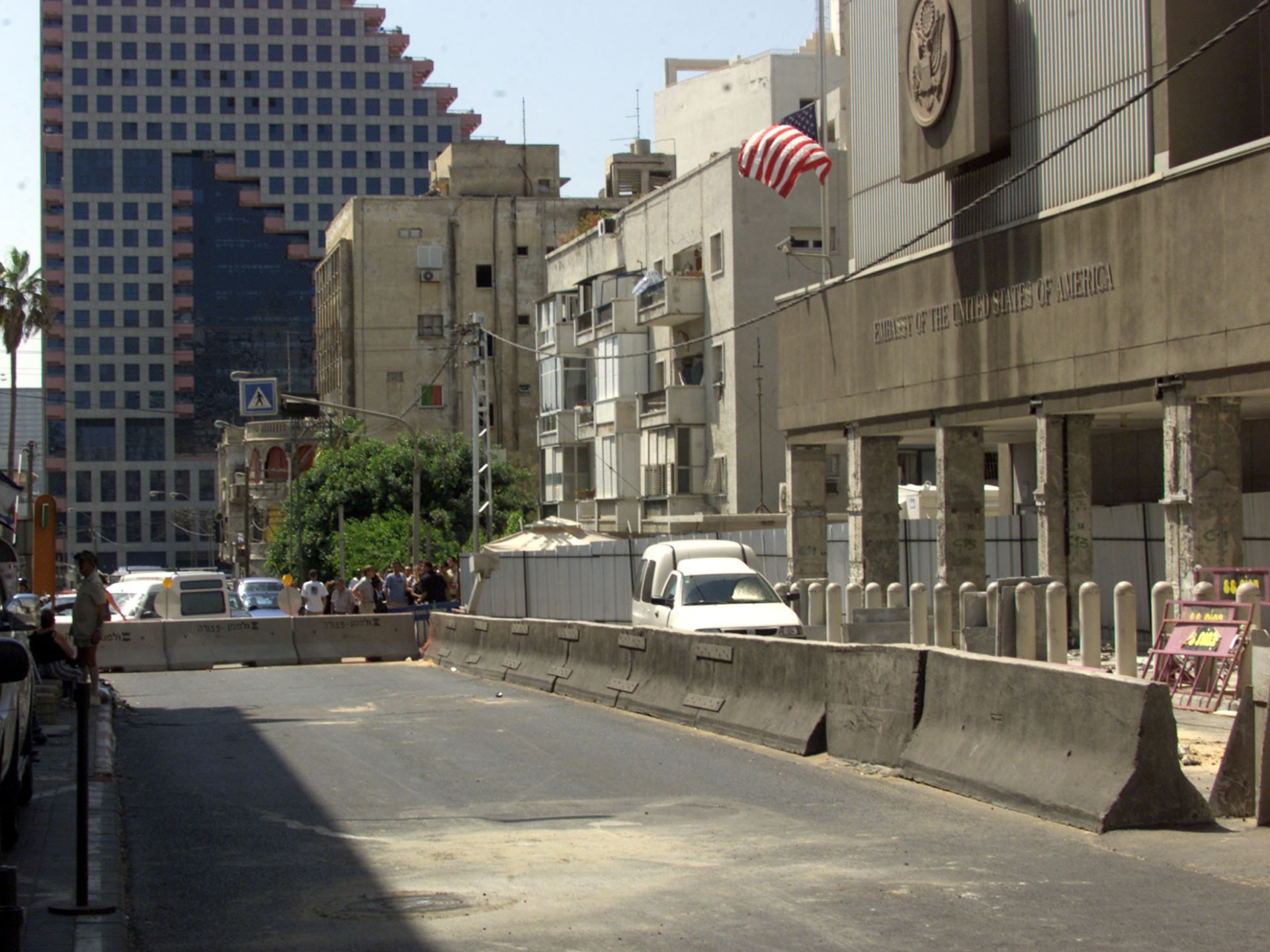
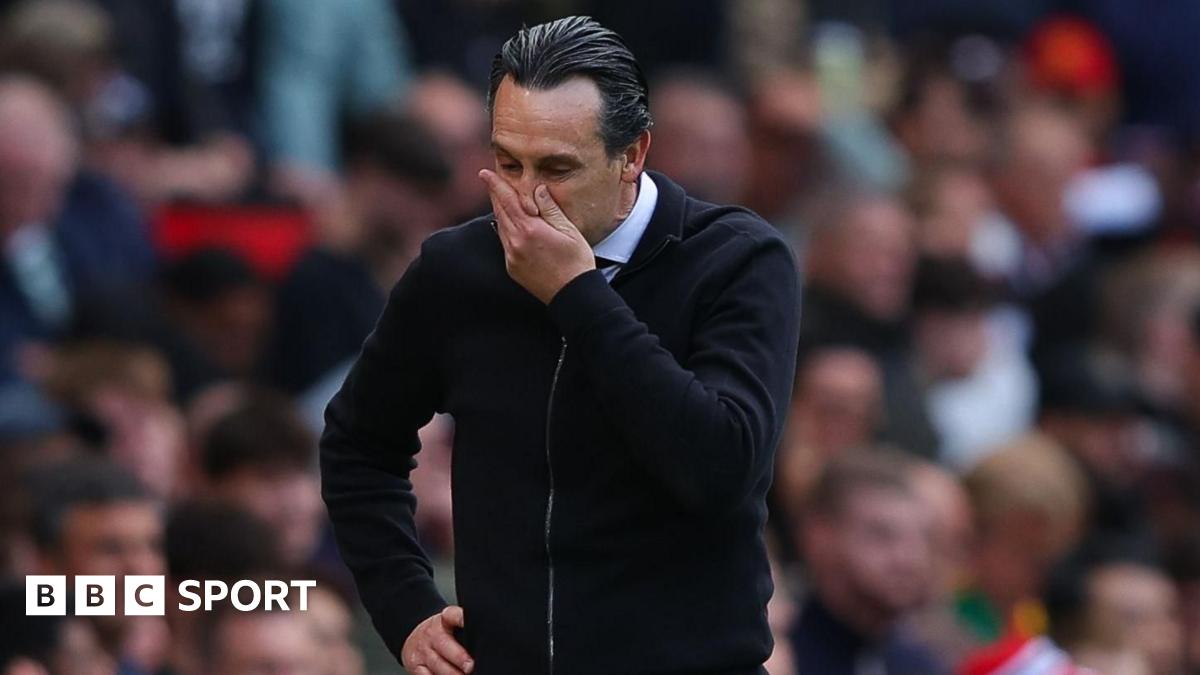
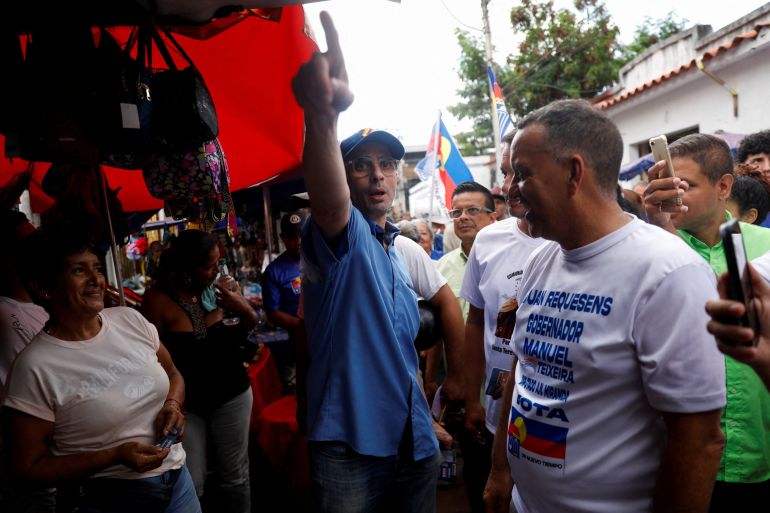

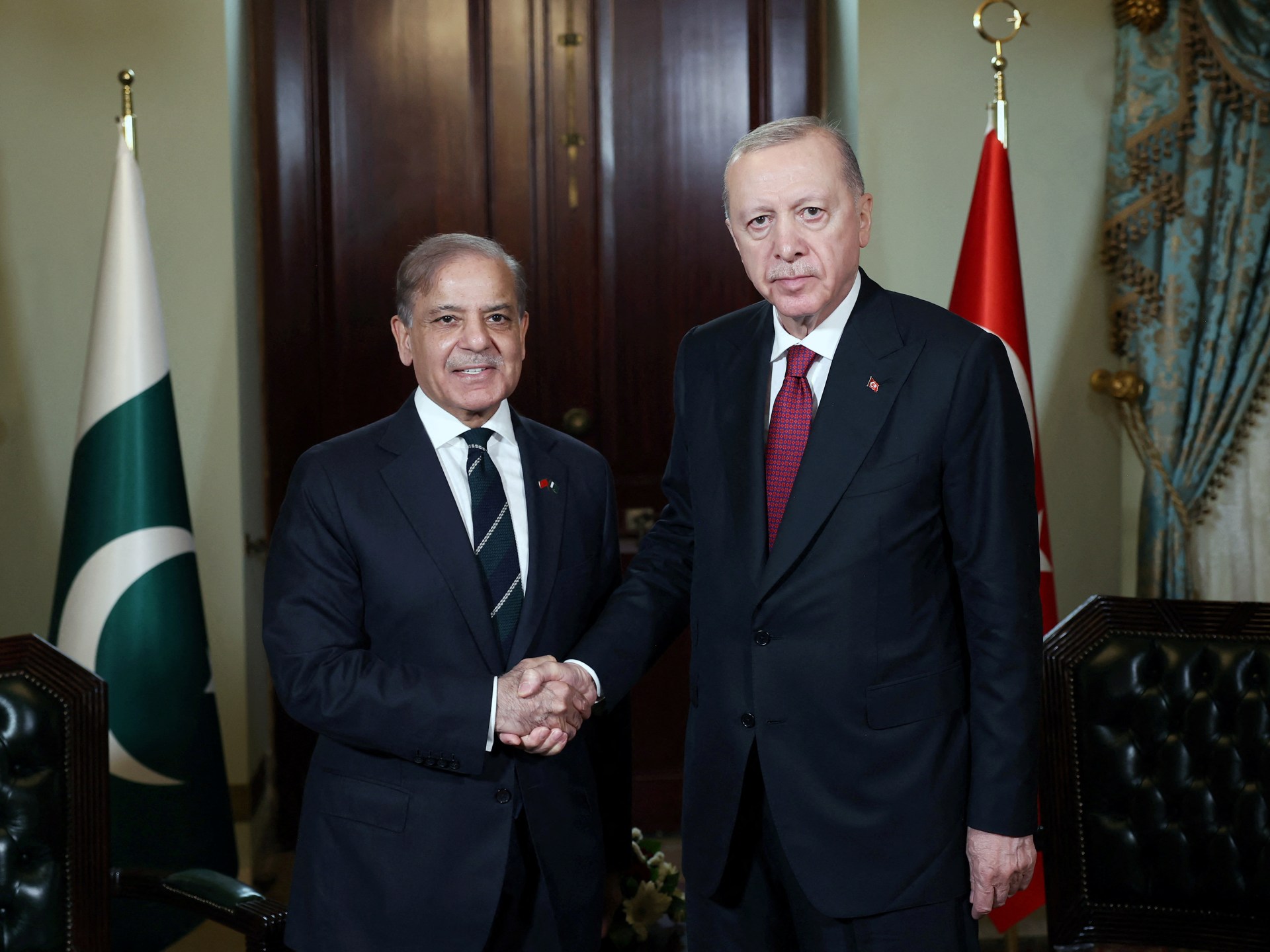
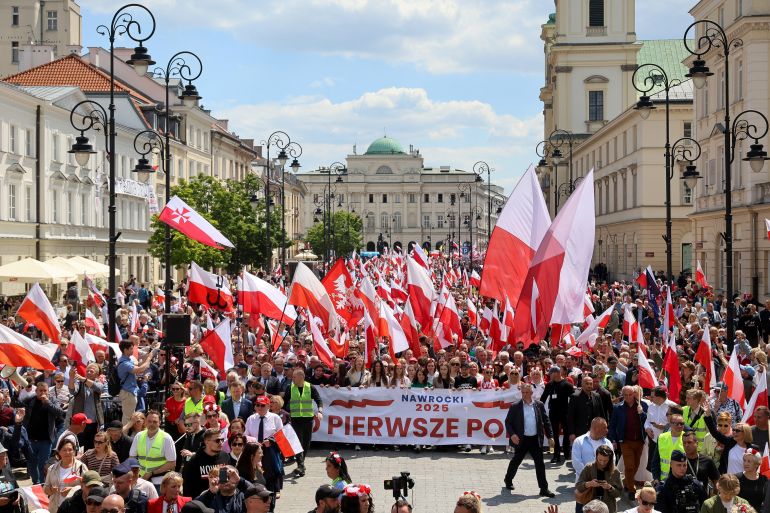




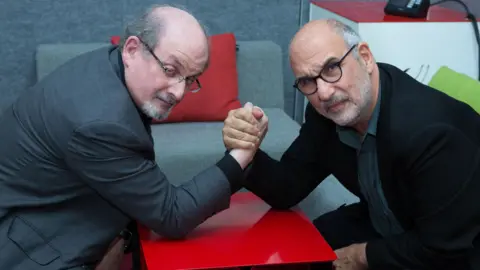
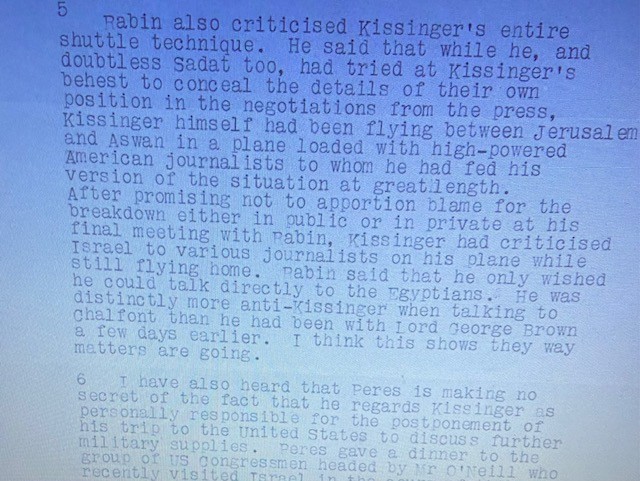

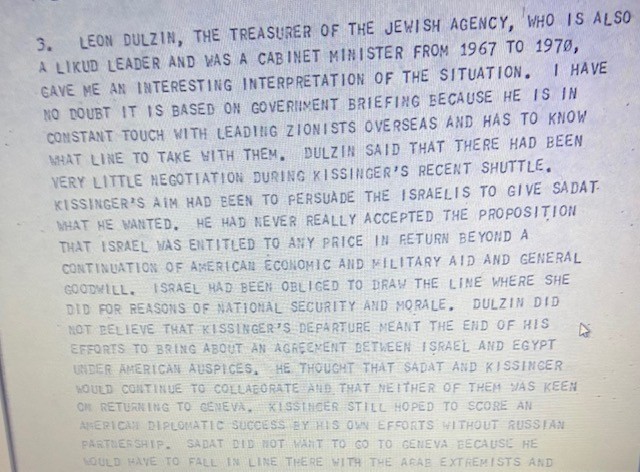
![A satirical drawing showing Israel pandering to Henry Kissinger of the United States while Egypt's President Sadat gets away with the oil rich Sinai desert. [David Rubinger/CORBIS/Corbis via Getty Images]](https://i0.wp.com/www.middleeastmonitor.com/wp-content/uploads/2025/05/GettyImages-530701224.jpg?fit=1200%2C797&ssl=1)

